How do my antibodies fight infection?
by Ayesha Geekiyanage Don
It is well known that antibodies are a key player in our immune response to fighting infections, but what exactly are antibodies and what do they do?
What are antibodies?

Antibodies are Y-shaped proteins produced by the white blood cells of your immune system. Each antibody type is specific to one type of infection-causing microbe, which we call pathogens.
On the surface of pathogens are markers that allow the pathogen to be recognised. These markers are called antigens, and are usually proteins, however, may include some fats or carbohydrates. Antibodies are specific to antigens, meaning that the antibodies interact with specific pathogens only.
How do antibodies contribute to fighting infection?
Due to the specificity of antibodies for antigens on pathogens, one type of antibody can fight one type of infection. Their main role is help clear the pathogens from the body, which means that we are no longer infected and do not feel unwell. Two specific roles that antibodies perform to fight infections, are:
- Marking pathogens for destruction
- Release signals to get more immune cells to the pathogens
Marking Pathogens for Destruction

Antibodies are specific to antigens on the surface of pathogens, meaning that the antibodies are able locate pathogens. Due to their structure, each antibody can bind to multiple of the same antigen, as well as each other. This allows for the pathogens to become clumped together, known as agglutination.
This large clump of pathogens can then be engulfed by phagocytes, which are a type of white blood cell specifically involved in the destruction of pathogens. Agglutination of the pathogens helps the phagocytes to destroy more pathogens quicker, helping to fight the infection.
Release Signals to get more Immune Cells to the Pathogens
 When antibodies bind to antigens, chemical signals are released into the surrounding environment. These chemical signals act as a beacon to attract other immune cells to the site of infection. As well as phagocytes, various immune cells make their way to the site of infection, with the aim of destroying the pathogens. As a result, the infection begins to clear.
When antibodies bind to antigens, chemical signals are released into the surrounding environment. These chemical signals act as a beacon to attract other immune cells to the site of infection. As well as phagocytes, various immune cells make their way to the site of infection, with the aim of destroying the pathogens. As a result, the infection begins to clear.
These are the main ways that antibodies help us fight infection. Once we’ve had one type of infection enter our body, the antibodies specific to that infection remain in your body. This means that your immune system can remember the infection, and help to fight it much faster, if you were to be re-infected. In some cases, they work so quickly, that you won’t even feel unwell!
